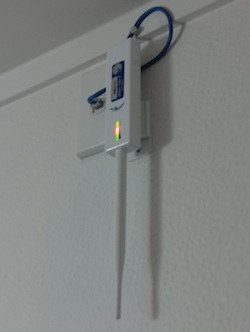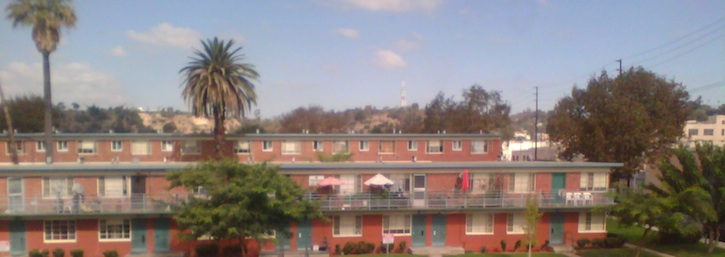Richmond's hail mary aside, second batch of CASF public housing proposals looks pretty much like the first
![Cbl62 at en.wikipedia [CC BY-SA 3.0 (https://creativecommons.org/licenses/by-sa/3.0) or GFDL (https://www.gnu.org/copyleft/fdl.html)], via Wikimedia Commons](https://www.tellusventure.com/images/2015/4/san_fernando.jpg)
The second round of applications for grants to install broadband facilities in California public housing projects produced about as many proposals as the first, but the total ask is more than three times as high.
Forty-eight proposals seeking a total of $4.4 million were sent to the California Public Utilities Commission by the 1 April 2015 deadline, versus 52 totalling $1.3 million submitted three months earlier. The difference is in the technologies proposed.
The lion’s share of the requests this time around – $3 million – came from the Richmond Housing Authority in western Contra Costa County.… More



![By Unknown or not provided (U.S. National Archives and Records Administration) [Public domain], via Wikimedia Commons](https://www.tellusventure.com/blog/images/2014/12/public_housing_old_style.jpg)
![By Dirk Vorderstraße (Gigabit LAN Netzwerk Switch) [CC-BY-2.0 (https://creativecommons.org/licenses/by/2.0)], via Wikimedia Commons](https://www.tellusventure.com/blog/images/2014/12/ethernet_switch.jpg)

